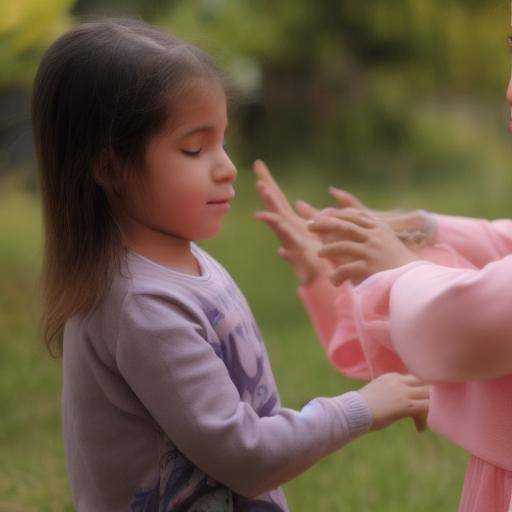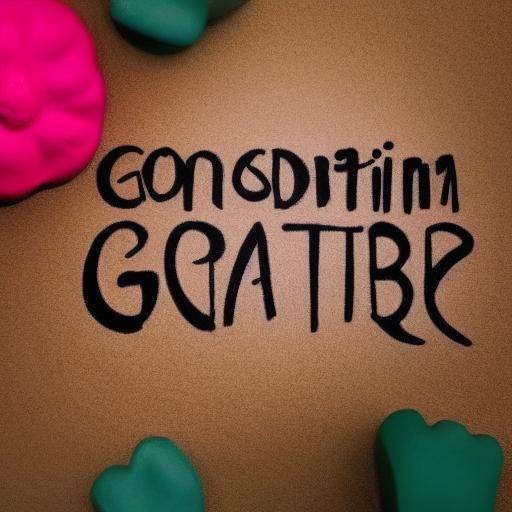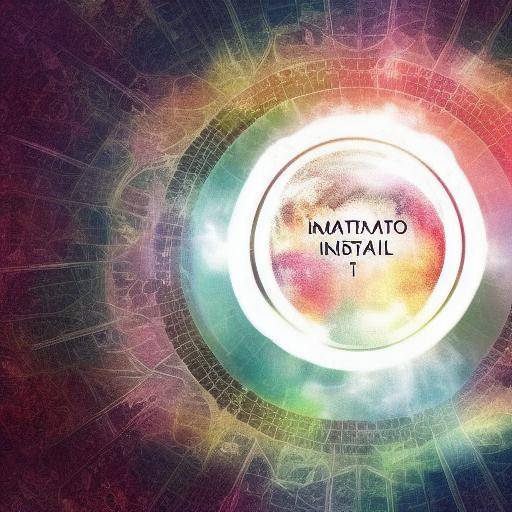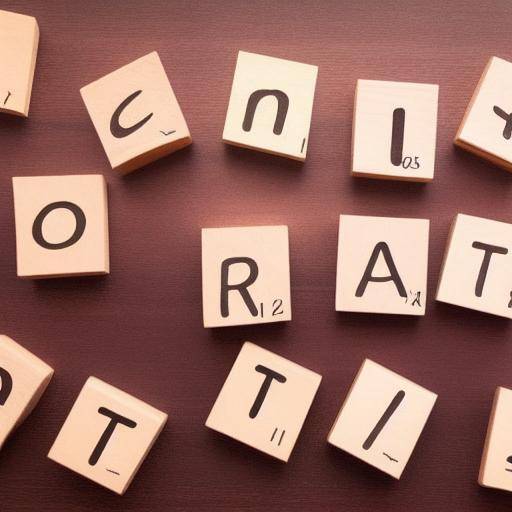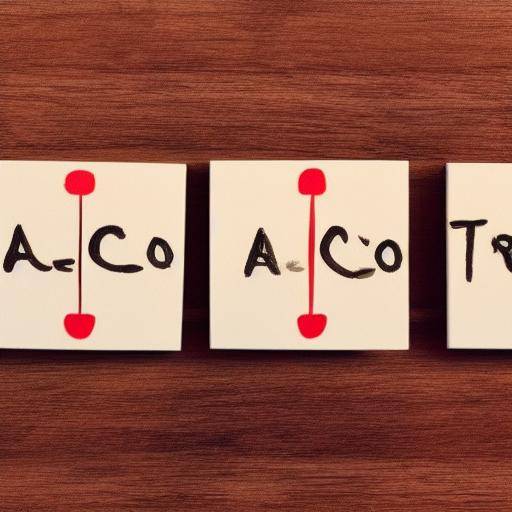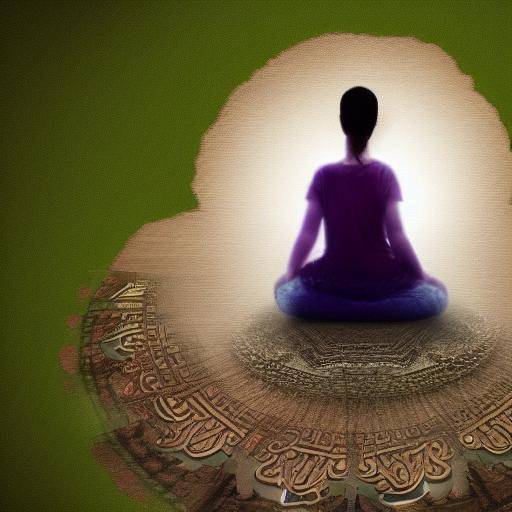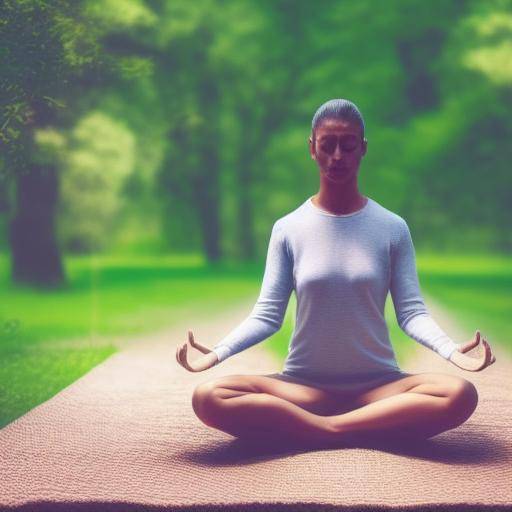
Gratitude is a powerful tool for emotional well-being. It is often overlooked, but incorporating it into our night routine may have a significant impact on our mental and emotional health. In this article, we will explore how to develop gratitude in an effective night routine, the benefits of doing so and practical advice to integrate gratitude in our day to day.
Introduction
In modern society, where stress and anxiety are a constant, it is crucial to find ways to nourish our emotional well-being. Gratitude, the act of appreciating and recognizing good things in life, has proved to have positive effects on mental health. Incorporating gratitude in our evening routine gives us the opportunity to reflect on the day and focus on the positive, even in the midst of the challenges. Throughout this article, we will explore how gratitude can transform our night routine, promoting greater emotional well-being.
History and Background
The practice of gratitude is not new; in fact, it has deep roots in various cultural and spiritual traditions around the world. From ancient philosophies to religious teachings, the importance of gratitude has been recognized for centuries. At present, positive psychology has brought gratitude to the centre of attention, demonstrating its impact on mental and emotional health.
Historical developments
- Ancient Civilizations: In cultures such as Egyptian and Greek, gratitude was an integral part of spiritual and religious practices.
- Philosophy and Religion: Philosophers such as Socrates and Plato, and religious traditions such as Buddhism and Christianity, have highlighted the importance of gratitude.
- Modern Psychology: Positive psychology, led by researchers like Martin Seligman, has scientifically validated the benefits of gratitude for mental health.
Deep analysis
Benefits of Gratitude
- Improvement of Dream: Practicing gratitude before sleeping can improve sleep quality by reducing negative thoughts and concerns.
- Stress reduction: Gratitude helps decrease cortisol levels, stress hormone, promoting a calm feeling.
- Increase in General Welfare: Promotes positive emotions, improving mood and satisfaction with life.
Challenges in Gratitude Incorporation
- Consistency: Keeping a daily practice can be difficult without a serious commitment.
- Authenticity: Sometimes finding aspects for which to be grateful may seem forced, especially in difficult days.
Full review
Implementation of Practice
- Gratitude Journal: Dedicate a few minutes each night to write three things for which you are grateful.
- Silent Reflection: Take a moment in silence to reflect on the positive aspects of the day.
- Shared Gratitude: Talk to a loved one about the things for which both are grateful.
Concrete strategies
- Establish a Night Ritual: Create a relaxing environment before sleeping that includes the practice of gratitude.
- Incorporate Meditation: Use guided meditations that focus on gratitude to relax the mind before sleeping.
- Use of applications: Use mobile applications designed to remember and facilitate the practice of gratitude.
Comparative analysis
Gratitude vs. Effective Night Routine
- Similarities: Both practices seek to improve emotional well-being and prepare the mind for a restorative rest.
- Variances: Gratitude focuses on the recognition of the positive, while an effective night routine may include various activities such as reading, meditation and personal hygiene.
- Synergies: Integrating gratitude into an evening routine amplifies the benefits of both practices, improving sleep quality and emotional well-being.
Practical Tips and Concrete Actions
How to Develop Gratitude in Night Rutin
- Create a Gratitude Journal: Dedicate a few minutes each night to write three things for which you are grateful.
- Establish Reminders: Use alarms or apps to remember to practice gratitude before sleeping.
- Maintain consistency: Make gratitude an undeniable part of your night routine.
- Practice Gratitude Meditation: Include guided meditations focused on gratitude.
- Involve the Family: Make gratitude a family practice, sharing things for which they are grateful every night.
Future Challenges and Predictions
Emerging trends
- Technology and Gratitude: The use of applications and devices to facilitate the practice of gratitude.
- Gratitude and Corporate Welfare: Companies that integrate gratitude practices in their employee welfare programs.
- Continuous investigation: Studies that deepen the long-term effects of gratitude on mental health.
Future predictions
- Higher Focus on Mental Health: The integration of gratitude into mental health programs will become increasingly common.
- Innovations in Wellness Technology: Development of new technological tools to support the practice of gratitude.
Conclusions and FAQs
Conclusions
Gratitude in an effective night routine is a powerful tool for emotional well-being. By incorporating gratitude into our daily routine, we can improve sleep quality, reduce stress and increase our satisfaction with life. Adopting this practice not only benefits our mental health, but also prepares us to face the next day with a positive and renewed attitude.
Frequently asked questions
- Why is it important to practice gratitude at night?
- Practicing gratitude at night helps to reflect on the positive aspects of the day, improving sleep quality and reducing stress.
- How can I incorporate gratitude into my night routine if I have little time?
- Dedicate only five minutes to write in a diary of gratitude or reflect quietly before sleeping.
- Are there specific techniques to develop gratitude in the night routine?
- Yes, you can use a diary of gratitude, guided meditation, or share your thoughts with a loved one.
- Can gratitude at night really improve my emotional well-being?
- Yes, many studies have shown that the practice of gratitude improves mental and emotional health.
- Are there scientifically proven benefits of practicing gratitude before sleeping?
- Yes, research shows that gratitude can improve sleep quality and reduce stress levels.
- Can gratitude at night help reduce stress and anxiety?
- Yeah, focusing on positive aspects before sleeping can decrease stress and anxiety, promoting a state of calm.
By exploring and understanding the importance of gratitude in our night routine, readers can begin to effectively integrate it into their daily lives, promoting greater mental and emotional balance. Start today and transform your nights with gratitude!






